Rory Watts-Jones retired after family noticed behaviour change
- Published
Cardiff Blues doctor explains why Rory Watts-Jones was advised to retire at the age of 26 after a concussion-related injury
Cardiff Blues flanker Rory Watts-Jones was advised to retire due to a concussion-related injury after his family noticed his behaviour change.
The 26-year-old suffered a number of "concussive events" during his career.
But after his latest knock last November prompted unusual behavioural changes, he was advised to retire.
"His behaviour, both his family and his girlfriend had noticed, was different from previous episodes," said Blues' sports physician Dr Gareth Jones.
"We took him through the usual graduated return-to-play protocol, but he was fairly slow going through that process.
"He had symptoms three weeks going into that process so we decided to seek more expert advice regarding his continued participation.
"He had a few events previously so this is not just a one-off."
Concussion-related retirements |
|---|
England internationals Shontayne Hape, external and Andy Hazell were both forced to quit rugby after concussion injuries. |
Centre Hape, who played 13 times for England, said he's suffered more than 20 concussions in his career while flanker Hazell struggled to recover after suffering a concussion pre-season in the summer of 2014. |
Watts-Jones joined the Blues from Plymouth Albion in 2012 and appeared 31 times for the region.
His retirement comes at a time when concussion injuries have made headlines after Wales wing George North remained on the field following two blows to the head in the 21-16 loss to England.
The sport's governing body, World Rugby, investigated the incident but accepted the Welsh Rugby Union's explanation that their medical staff had not seen the second incident.
For their part the WRU said North would not have been allowed to carry on had the second incident been spotted.
North was subsequently rested for Wales' 26-23 Six Nations win over Scotland.
World Rugby will now introduce video replays to aid medical staff monitoring injuries during major international matches.
Although the issue has gained more publicity recently, Dr Jones believes that concussion-related injuries are not necessarily on the increase.
"We are recording more and that's all we can say really," he said.
"Whether true incidents are increasing, it's very difficult to be sure of.
"The clear symptoms initially are headaches, feeling sick, not eating particularly well, poor sleep, being a little bit more emotional than normal.
"Quite often they can be so subtle that only members of the family can pick it up. This was what happened with Rory."
- Published17 February 2015
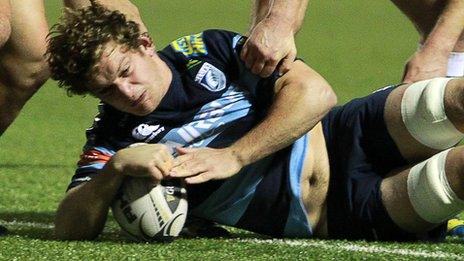
- Published17 February 2015

- Published17 February 2015
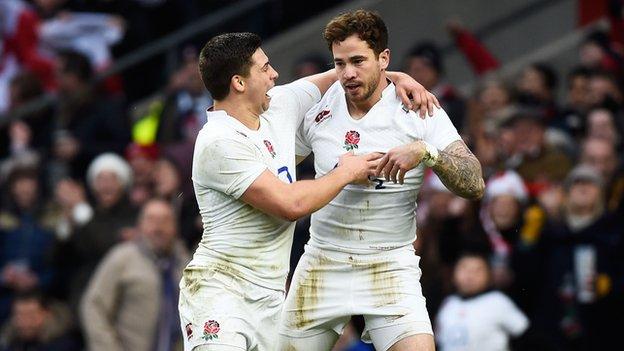
- Published17 February 2015
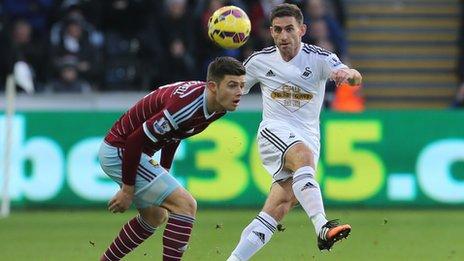
- Published17 February 2015
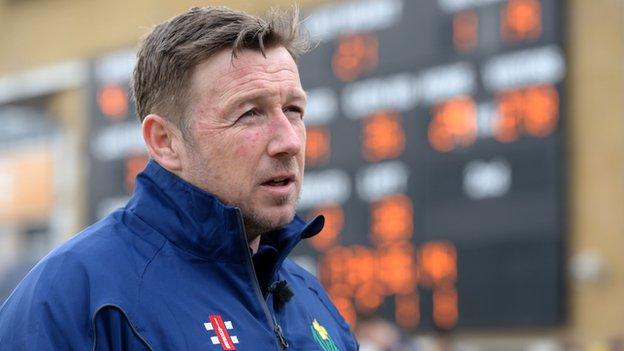
- Published17 February 2015
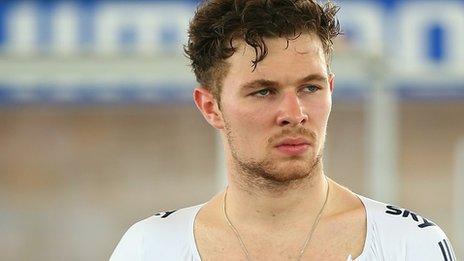
- Published17 February 2015
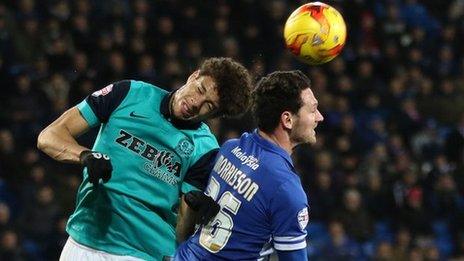
- Published14 September 2016

- Published15 February 2019
